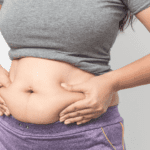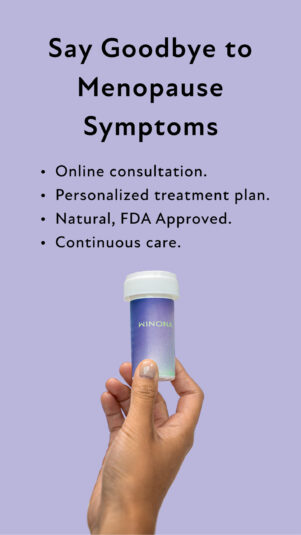While menopause is a natural part of aging, the symptoms it causes can be difficult to manage and can have a substantial influence on a woman’s quality of life. Medical treatments for menopause are available to help ease these symptoms while also improving overall well-being. These therapies may include hormone replacement therapy, non-hormonal medicines, and lifestyle adjustments. In this post, we’ll look at some of the most common medical options to treat symptoms of menopause.
Hormone Therapy (HT)
HT (or HRT) is supplementing the body’s falling hormone levels throughout menopause by taking estrogen alone or in conjunction with progesterone. HRT can be used orally or topically.
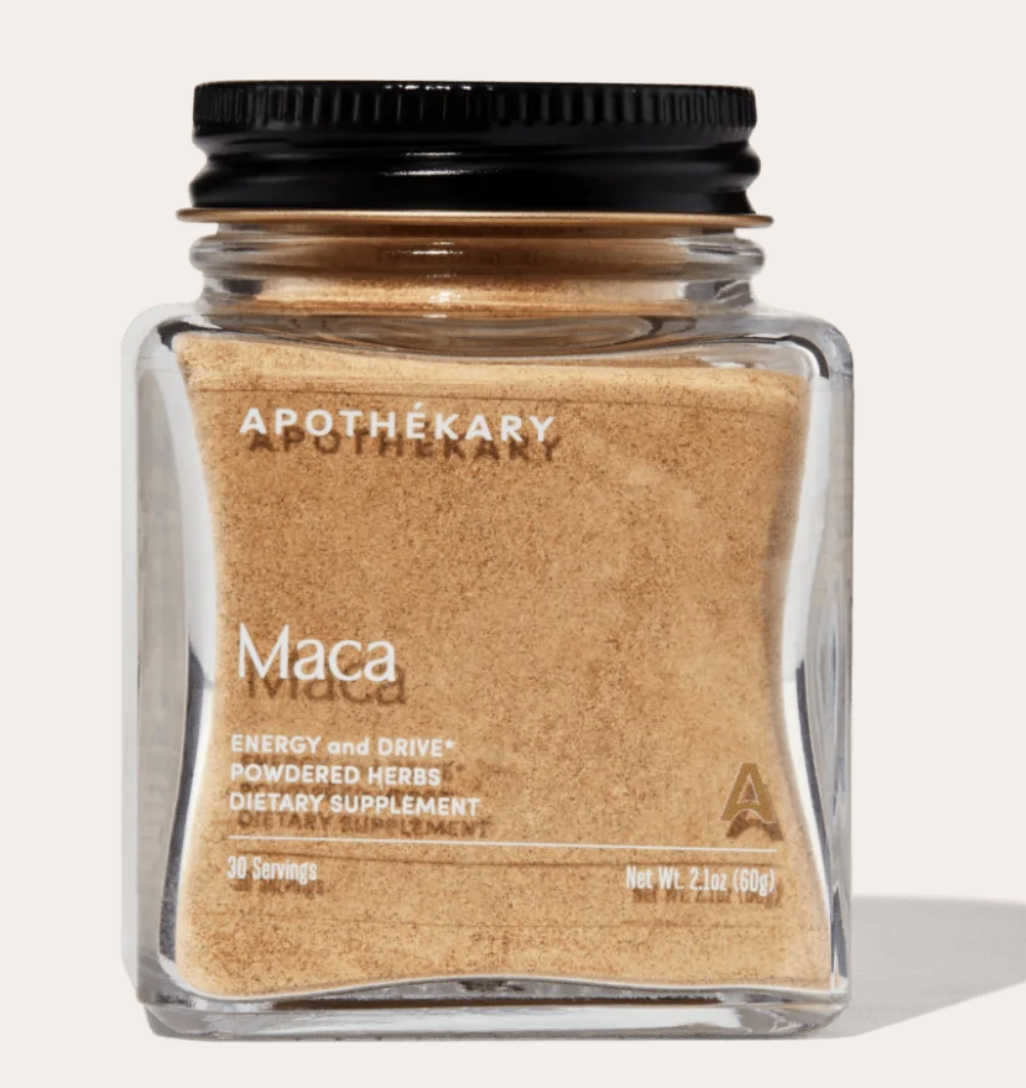
Apothekary Maca
Maca’s nutrient profile is impressive. It contains ample amounts of copper, vitamin C, and potassium–all essential nutrients for mood and energy.
Veozah
Veozah works by calming down the nerves that control hot flashes. It blocks a receptor in the brain called NK3, which helps switch off the neurons that overreact and cause hot flashes. With less hyperactivity in those hot-flash triggering neurons, the intensity and frequency of heat waves and sweating is reduced.
Unlike hormones which broadly act on many systems, Veozah specifically targets the nerves involved in hot flash symptoms. Just by preventing NK3 receptor activation, it helps get those temperature and sweat signals under control.
Low-Dose Antidepressants
Many women struggle with depression. Anti-depressant medication may help restore balance. Benzodiazepines are a class of drugs that act as central nervous system depressants and are often used to treat anxiety and sleep disorders.
Common options include:
- SSRIs like Prozac, Zoloft for menopause: Relieve low mood, sadness, crying spells
- SNRIs like Effexor, Cymbalta: Good for anxiety/depression
- Benzodiazepines like Xanax, Ativan: Provide fast relief for panic attacks
Anti-Anxiety Medications
Benzodiazepines are a class of drugs that act as central nervous system depressants and are often used to treat anxiety and sleep disorders. Benzodiazepines work by enhancing the activity of the neurotransmitter GABA in the brain, which can help to calm the nervous system and reduce feelings of anxiety and stress.
While benzodiazepines are not typically used as a first-line treatment for menopause symptoms, they can sometimes be prescribed to help alleviate certain symptoms, such as anxiety and insomnia.
Gabapentin
Gabapentin, a seizure medicine, can also help alleviate hot flashes and other menopausal symptoms.
Changes in Lifestyle
Lifestyle changes can help control menopause symptoms by eating a good diet, exercising regularly, and lowering stress through meditation or other relaxation techniques.
Vaginal Estrogen
To relieve vaginal dryness and discomfort during intercourse, low-dose estrogen lotions or pills may be an option.
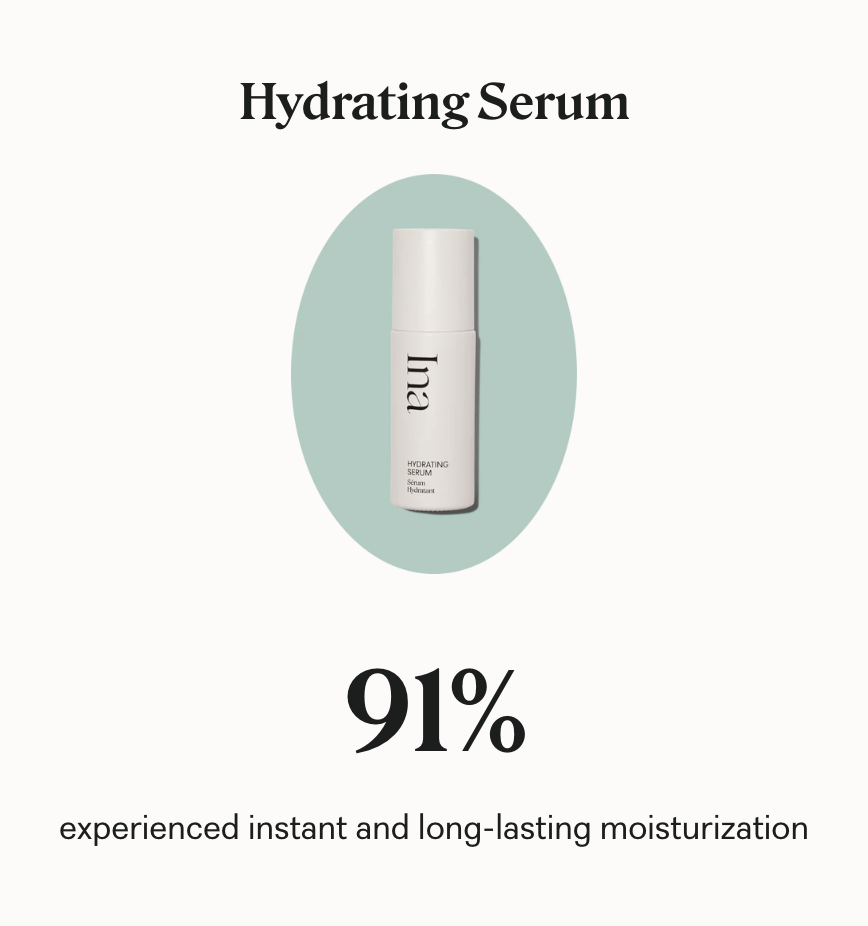
Ina Labs
Say goodbye to discomfort. Solutions for vulvar dryness, intimacy, chafing, & more.
Phytoestrogens
Natural estrogen-like substances found in plant-based components such as soy, flaxseed, and red clover may help ease menopause symptoms.
Acupuncture
Acupuncture is a treatment that involves inserting small needles into particular places on the body and has been proved to help alleviate hot flashes and other menopausal symptoms.
Cognitive-Behavioral Therapy (CBT)
CBT is a type of talk therapy that might assist women in coping with the emotional and psychological changes that may occur after menopause.
Osteoporosis Drugs
After menopause, women are more likely to develop osteoporosis, and medications such as bisphosphonates can help prevent bone loss.
Libido
Addyi is an FDA-approved drug for the treatment of premenopausal women with low sexual desire disorder (HSDD). It acts by targeting brain chemicals involved in sexual arousal and desire.
Bremelanotide (Vyleesi) is another FDA-approved medicine for premenopausal women is bremelanotide. It increases sexual desire by stimulating melanocortin receptors in the brain.
Testosterone is a hormone that is vital for both men and women, and low levels can contribute to a loss of libido. Testosterone therapy entails supplementing testosterone levels in women who have poor libido.
Transdermal Estrogen
Estrogen patches are a type of hormone therapy that can be put to the skin and deliver a consistent amount of estrogen.
Lidocaine
Lidcocaine can be applied topically to reduce vaginal pain and discomfort during intercourse. The drop in estrogen can cause weakening and dryness of vaginal tissues, making sex uncomfortable or painful. Lidocaine can be applied topically to provide temporary relief from pain or discomfort during sex.
Bioidentical Hormone
Bioidentical hormone therapy involces the use of hormones that are chemically identical to those produced naturally by the body. It can be tailored to meet your needs and may be a more natural alternative to standard hormone therapy.
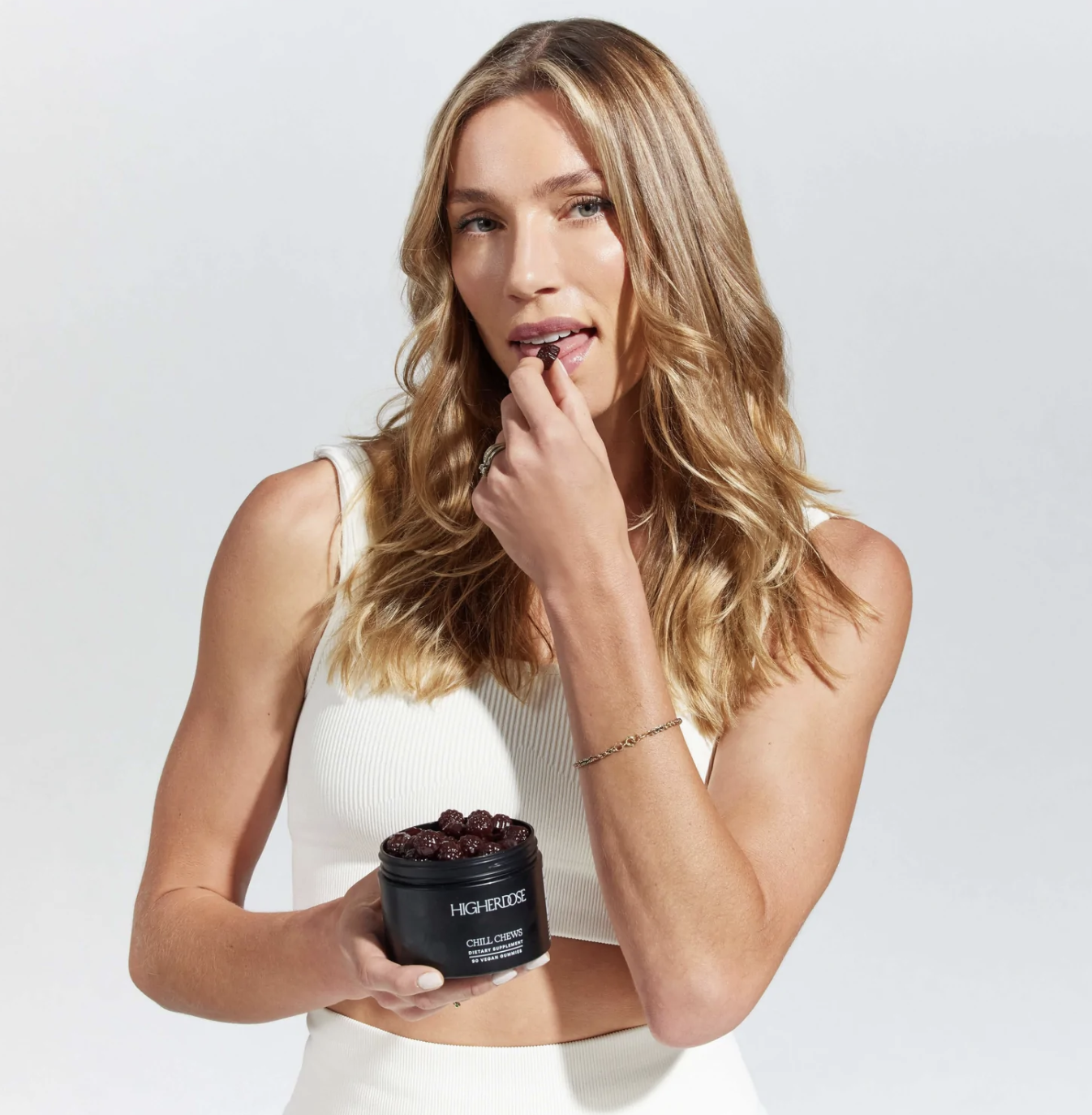
Anxiety Chill Chews
Magnesium gummies rebalance your inner seas, relax the body, and calm the mind. Magnesium citrate with an adaptogenic blend and ashwagandha giving a uniquely targeted blend of supplements that help to ease stress and anxiety.
Estrogen plus SERM
Estrogen with SERM (Selective Estrogen Receptor Modulator) is a combination medication used to treat menopausal symptoms in women who still have their uterus. SERMs are drugs that have both estrogenic and anti-estrogenic effects on the body. They act by selectively attaching to estrogen receptors in specific tissues while inhibiting them in others. This can assist with hot flashes, night sweats, and other menopausal symptoms while also lowering the risk of uterine cancer associated with estrogen therapy alone. In most cases, estrogen plus SERM therapy is taking a low dose of estrogen in conjunction with a SERM such as tamoxifen or raloxifene.
Seeking treatment is courageous. As always the use of any of the medical treatments listed above should be carefully evaluated and discussed with your doctor.
The transition of menopause won’t last forever – but you deserve to feel better in the present.




